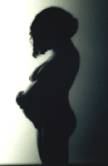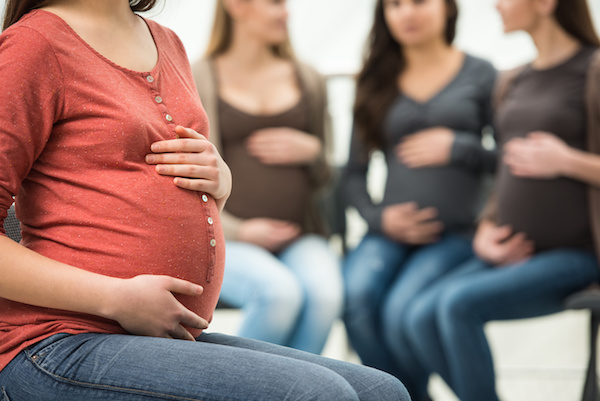
THURSDAY, Nov. 17 (HealthDay News) — A fetus is sensitive to, and can be affected by, the expectant mother’s mental state, a new study suggests.
University of California, Irvine, researchers recruited pregnant women and tested them for depression before and after they gave birth. The women’s babies were tested after birth to assess how well they were developing.
Consistency in the mother’s mental state appeared to be important to a baby’s well-being. Development was best in babies with mothers who were either depression-free or had depression before and after giving birth.
Development was slower in babies born to mothers who went from depressed before birth to non-depressed after birth or from non-depressed before birth to depressed after birth, the investigators found.
The researchers said they were surprised by the strength of the finding, which will be published in an upcoming issue of the journal Psychological Science.
Some might incorrectly interpret the results to mean that a mother who is depressed before birth should be left that way after birth for the well-being of her baby, the study authors noted in a journal news release.
“A more reasonable approach would be to treat women who present with prenatal depression,” researcher Curt A. Sandman said in the news release. “We know how to deal with depression.”
In another study, Sandman and colleagues found differences in the brain structures of older children whose mothers were anxious during pregnancy. Anxiety often occurs together with depression.
“We believe that the human fetus is an active participant in its own development and is collecting information for life after birth,” Sandman said. “It’s preparing for life based on messages the mom is providing.”
More information
The U.S. Department of Health and Human Services Office on Women’s Health has more about depression during and after pregnancy at WomensHealth.gov.

